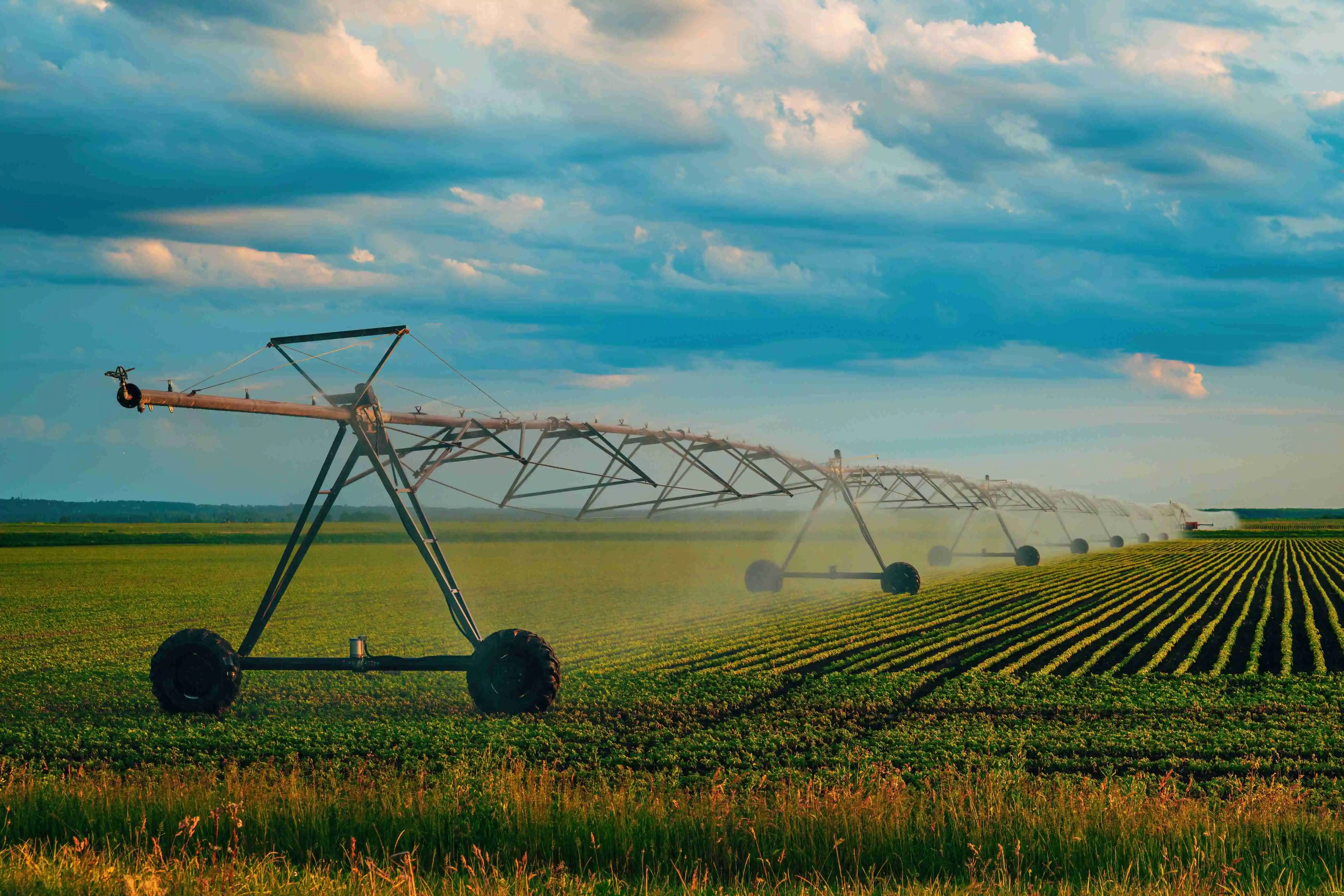Overview
Precise resource management requires monitoring of plant nutrient status through technologies that allow continuous and rapid assessment. Nowadays, several proximal and remote sensors are used in combination with digital platforms to assess soil/crop nutrient requirements and design customised fertilisation schemes. We help customers in assessing and validating the reliability of proposed smart fertilisation systems in an experimental field testing context, in which the proposed systems are tested vs measured soil nutrient contents, plant nutrient status and overall yield performance. The service will help companies in testing and validating their technologies in real-world conditions before launching them on the market.
More about the service
How can the service help you?
How the service will be delivered
Service customisation
- Università degli Studi di Napoli (UNINA) | Website
